Measuring for Patterned Wallpaper
When working with patterned wallpaper, accurate measurements are crucial to ensure pattern alignment and minimise waste. Unlike plain wallpaper, patterned designs require you to account for the pattern repeat — the vertical distance before the design starts again. This repeat affects how much wallpaper you'll need, particularly on taller walls or when covering multiple surfaces. Always check the repeat measurement on the wallpaper roll and include extra for matching the pattern at joins and corners.
Measuring for Custom-Sized Murals
Custom murals are made to fit your wall exactly, so precise measurements are essential for a perfect fit. Take multiple measurements in case the wall isn’t perfectly straight. Round up to the nearest centimetre or inch to avoid any gaps.
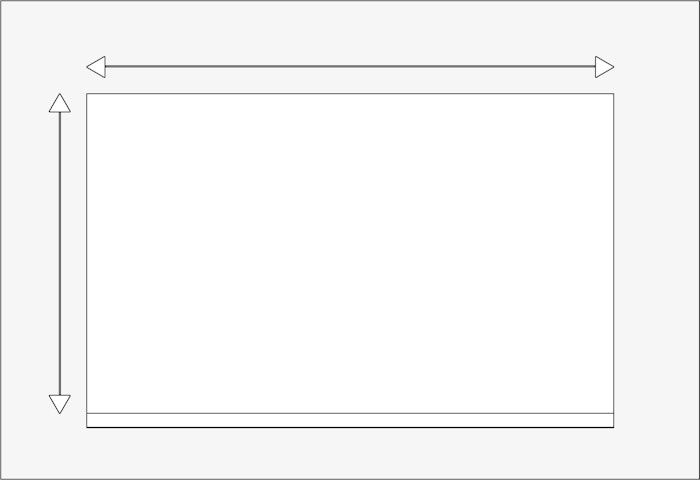
Standard Single Walls
Measure the full width and height from edge to edge, ignoring skirting boards or coving unless the mural will cover them.
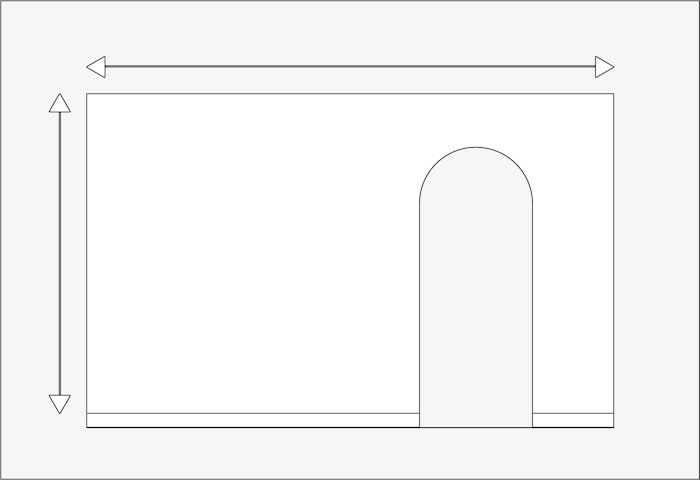
Walls with obstacles
Include the entire wall area in your measurements, even if parts are covered by windows, doors, or sockets. The mural will be printed for the full wall and trimmed during installation.
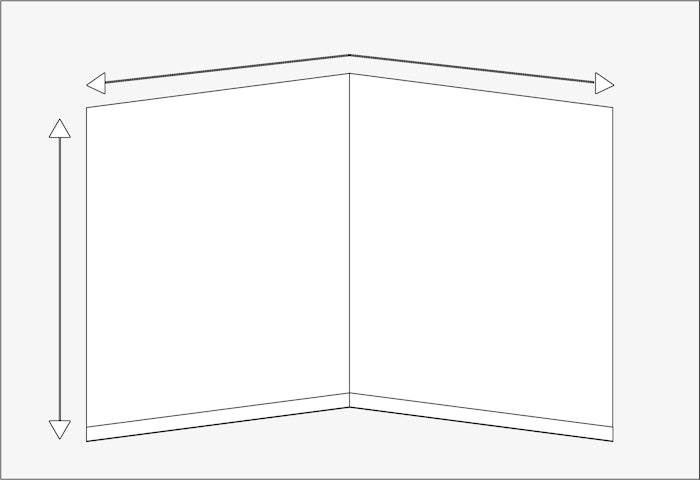
Multiple conjoined wall
If your mural will span conjoined walls (e.g. around a corner or along more than one connected surface), measure the full combined width of all walls as one continuous space, including any internal corners. Measure the height from the highest point across the walls to ensure full coverage.
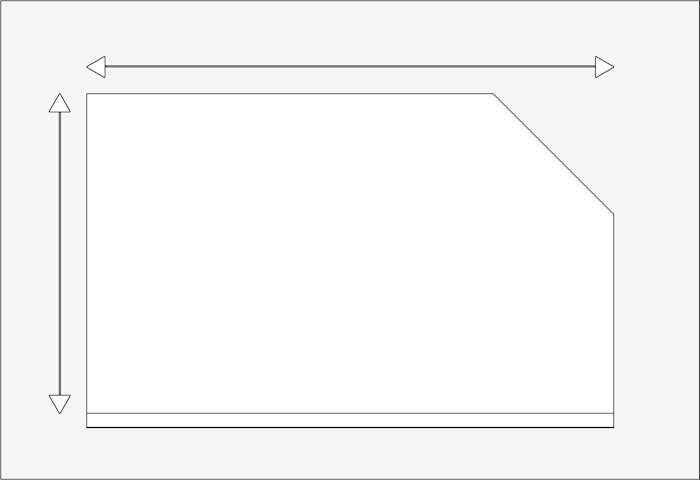
Pitched walls
Measure the highest and widest points of the wall — murals are printed as rectangles, so any angled sections will be trimmed on site. This ensures full coverage even on sloping ceilings.
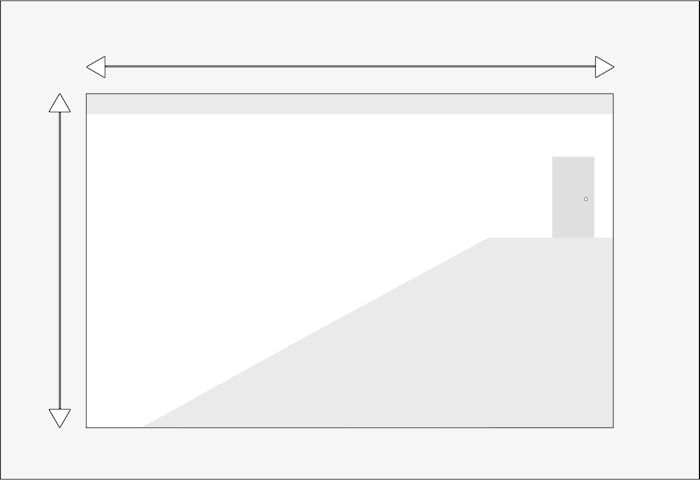
Staircase walls
Measure the full diagonal span from the lowest to the highest point of the staircase wall, and the total width. Taking a photo and drawing a simple diagram can help when submitting measurements for these more complex spaces.